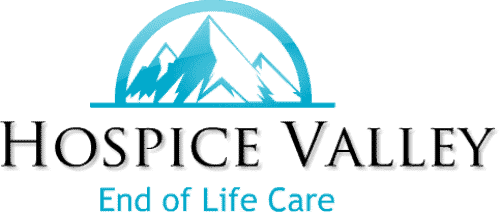Last Updated on June 19, 2024 by Frank Davis
When someone is unable to consume nutrition or fluids on their own, they can consume it artificially with the help of a medical procedure. This procedure gives them the ability to consume nutrition and fluids as they are not able to do so on their own. People who, for whatever reason, cannot consume sufficient food and water to maintain life and health are given artificial nutrition and hydration. Doctors can provide nutritional and hydration support to their patients either via intravenous (IV) administration or through the placement of a tube in the stomach.
In the following article you will find information about artificial nutrition and hydration, which can be useful for you and your family members in making an informed decision about your own end-of-life support or that of a loved one.
Does artificial nutrition and hydration help hospice patients
An inability to maintain appetite or a desire to consume fluids generally indicates that the body is not functioning as effectively as it should due to a life-threatening illness. Providing artificial nutrition and hydration will not restore the individual to a healthy state.
It is generally accepted that artificial nutrition and hydration may cause more harm than good to dying patients who are unable in any way to eat or drink on their own or do not have the desire to do so. It should also be noted that the use of artificial nutrition and hydration may worsen the symptoms of dying individuals as well as contributing to additional discomfort.
The most common symptoms include:
- bloating
- swelling
- cramps
- diarrhea
- shortness of breath.
It is important to keep in mind a number of factors in this case, such as the fact that the patient’s body is shutting down due to the disease as well as the dying process, not as a result of being deprived of food and liquids. It may be beneficial to treat one’s dry lips and mouth at the end of life in order to facilitate comfort in those final moments.
If you refuse artificial nutrition or hydration, is that suicide?
The answer is no. All individuals have the right to refuse medical treatment or to stop it if they no longer desire it. One does not choose to die at the end of one’s life, but rather dies as a result of a disease they have contracted. When an individual refuses a medical treatment which cannot restore his or her health, it does not constitute suicide in the legal sense of the word.
Conclusion
When preparing for your future care, drafting a living will, an advance directive, and a medical power of attorney is all very important. There are documents that a person can sign stipulating which type of medical treatment they would prefer at the end of their lives, or which type of treatment they do not wish to receive. There are certain situations in which an injured or ill person cannot communicate with their family members, which may lead to disagreements between family. It is crucial that you plan for your future health care to avoid such a scenario.
To obtain information on hospice care services, artificial nutrition and hydration, or to ask questions, please call us at (747) 755-5181.














